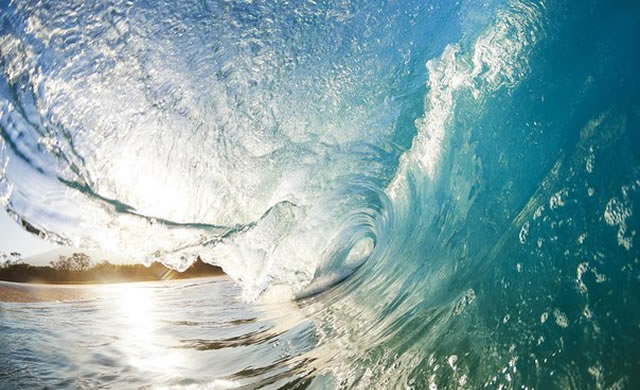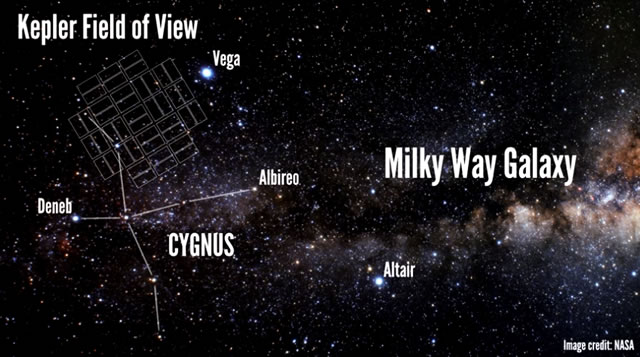
Un team britannico-canadese di scienziati ha scoperto antiche sacche di acqua che sono state isolate nel sottosuolo per miliardi di anni e che contengono abbondanti sostanze chimiche note per sostenere la vita.
L’acqua in questione potrebbe essere una delle più antiche del pianeta e può anche contenere la vita. Non solo, ma la somiglianza tra le rocce che l’hanno intrappolata e quelle su Marte, solleva la speranza che l’acqua sotto la superficie del pianeta rosso possa contenere le stesse tracce di vita. I risultati, pubblicati su Nature di oggi, possono costringerci a ripensare a quali parti del nostro pianeta sono effettivamente adatte per la vita, e potrebbero rivelare indizi su come i microbi si evolvono in isolamento. I ricercatori delle università di Manchester, Lancaster, Toronto e McMaster hanno analizzato l’acqua che fuoriusciva da una miniera a 2,4 km sotto l’Ontario, in Canada. Gli scienziati hanno scoperto che l’acqua è ricca di gas disciolti in forme di idrogeno, metano e diversi altri, chiamati isotopi, gas nobili come l’elio, neon, argon e xeno. Infatti, non è tanto l’idrogeno nell’acqua come intorno ai camini idrotermali nelle profondità dell’oceano, molte delle quali pullulano di vita microscopica. L’idrogeno e il metano provengono dall’interazione tra la roccia e l’acqua, nonché da elementi radioattivi naturali nella roccia che creano una reazione con l’acqua. Questi gas potrebbero fornire energia per i microbi che potrebbero non essere stati esposti al sole per miliardi di anni. Le rocce cristalline che circondano l’acqua si pensa abbiano circa 2,7 miliardi di anni, ma nessuno aveva mai pensato che l’acqua potrebbe avere la stessa età, fino ad ora. Utilizzando tecniche innovative sviluppate presso l’Università di Manchester, i ricercatori indicano che l’acqua ritrovata sia di almeno 1,5 miliardi di anni, ma potrebbe anche essere significativamente più antica. Il Professor Chris Ballentine della University of Manchester, co-autore dello studio e direttore del progetto, ha dichiarato: “Abbiamo trovato un sistema fluido interconnesso nel basamento cristallino canadese profondo, che ha miliardi di anni, ed è in grado di sostenere la vita. La nostra scoperta è di grande interesse per i ricercatori che vogliono capire come i microbi si evolvono in isolamento, tematica al centro di tutta la questione dell’origine della vita, la sostenibilità della vita stessa, e la vita in ambienti estremi e su altri pianeti”.
A UK-Canadian team of scientists has discovered ancient pockets of water, which have been isolated deep underground for billions of years and contain abundant chemicals known to support life.
This water could be some of the oldest on the planet and may even contain life. Not just that, but the similarity between the rocks that trapped it and those on Mars raises the hope that comparable life-sustaining water could lie buried beneath the red planet’s surface. The findings, published in Nature today, may force us to rethink which parts of our planet are fit for life, and could reveal clues about how microbes evolve in isolation. Researchers from the universities of Manchester, Lancaster, Toronto and McMaster analysed water pouring out of boreholes from a mine 2.4 kilometres beneath Ontario, Canada. They found that the water is rich in dissolved gases like hydrogen, methane and different forms – called isotopes – of noble gases such as helium, neon, argon and xenon. Indeed, there is as much hydrogen in the water as around hydrothermal vents in the deep ocean, many of which teem with microscopic life. The hydrogen and methane come from the interaction between the rock and water, as well as natural radioactive elements in the rock reacting with the water. These gases could provide energy for microbes that may not have been exposed to the sun for billions of years. The crystalline rocks surrounding the water are thought to be around 2.7 billion years old. But no-one thought the water could be the same age, until now. Using ground-breaking techniques developed at the University of Manchester, the researchers show that the fluid is at least 1.5 billion years old, but could be significantly older. NERC-funded Professor Chris Ballentine of The University of Manchester, co-author of the study, and project director, said: “We’ve found an interconnected fluid system in the deep Canadian crystalline basement that is billions of years old, and capable of supporting life. Our finding is of huge interest to researchers who want to understand how microbes evolve in isolation, and is central to the whole question of the origin of life, the sustainability of life, and life in extreme environments and on other planets.”
Source/Continue reading → www.manchester.ac.uk






















Pingback: Su Europa e su Encelado prove di attività che può sostenere la vita – Ocean Worlds’ in Our Solar System | DENEB Official ©